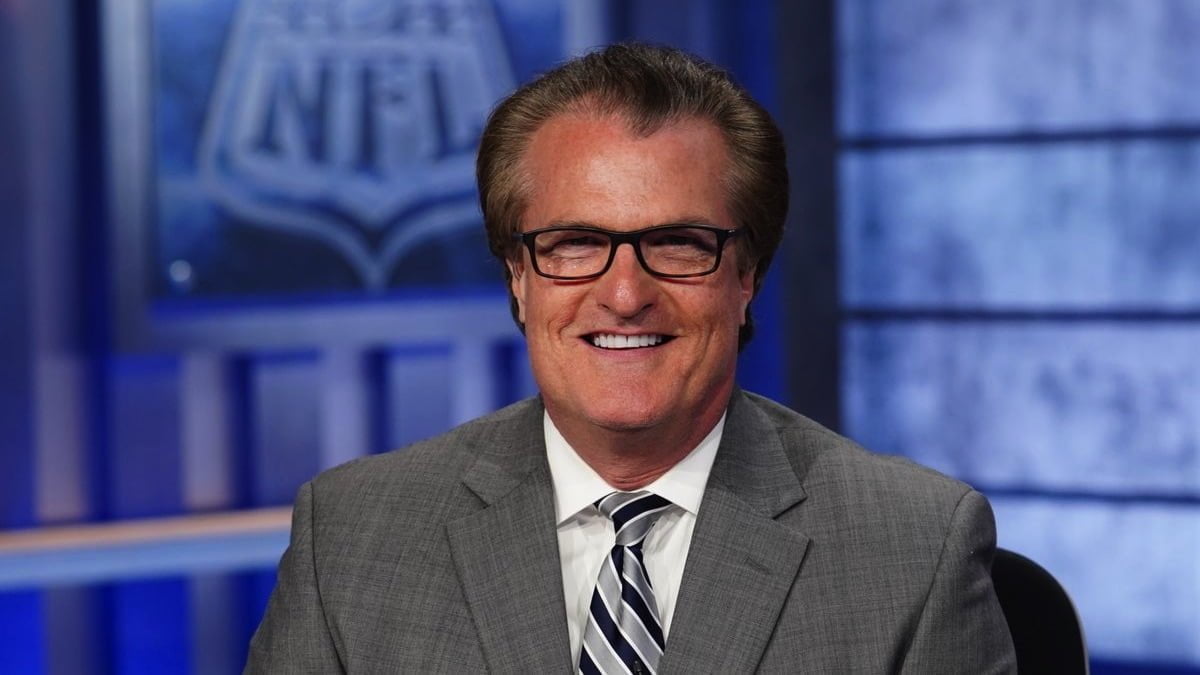Finally. A win for the little guys. Well, maybe anyway.
Earlier this week, the Federal Trade Commission voted 3-2 to approve a new rule that bans non-compete clauses in contracts in the United States, “protecting the fundamental freedom of workers to change jobs, increasing innovation and fostering new business formation,” they said.
You could almost hear the roars coming from the studios and media sales pits across America. Hallelujah!
No more having to find something to do while sitting out for 6 to 12 months. No more hiring salespeople and sticking them in the marketing department for six months or putting a host on in a nearby market for a while as they ride out their agreement with the other broadcaster in town.
Now, before I get too far, let me point out that it takes 120 days for this reversal to take effect and that is if it gets past all of the legal challenges about to be brought forth to fight this.
And why will this be challenged as hard as possible? Because this is a big, big deal.
The FTC said banning non-compete clauses would increase workers’ earnings by an estimated $300 billion annually. Read that sentence twice. This would absolutely be a win for the employees and a big ‘L’ for the employers.
If it does stay in place, while there are many industries that will be affected, media companies have to be very concerned about what this will mean to them.
As a Market Manager or when I was a managing partner, I never much cared for non-competes. I get having the protection that my hit show isn’t going to walk across the street at the end of a contract, but most of the time it is companies holding people, who they don’t even want, to non-competes.
I never got the logic of someone getting fired for poor performance and then spending any time or energy caring about where that person works next. We have all hired or worked with sellers who just did not work out. I wanted those sellers to go across the street. Let them waste time on someone who isn’t willing to do the work it takes to be successful. If you think you have some sort of magic potion that will work, good luck.
I remember a situation at a station where there was a certain on-air personality who was pretty much a disaster. Late all the time, mean to people, wasn’t a team player, did the bare minimum, wasn’t great on the air, put no extra effort in, you know the kind. I could not believe the fight the company was putting up about the person’s non-compete clause.
They didn’t want the talent, in fact, were counting down the days until the expiration of the contract. But, as soon as someone else in the market expressed interest, they couldn’t wait to block the person from trying to get a job in her industry to try and feed her family.
You will hear media and other companies say things like, ‘well, non-competes help us protect our trade secrets.’
Oh yeah, what trade secrets? What trade secrets can a talk-show-host or salesperson take to someone that is going to make a difference? Look, I love the industry, but what we do is not rocket science. We are not on Dr. Oppenheimer’s team on some secret mission.
You hear what we say, you read what we post, you watch the videos, you hear our commercials. And let’s face it, there hasn’t been a secret kept in a media office since the beginning of time. If KDKA went on the air on November 2, 1920, employees were gossiping to one another by November 3, 1920.
Besides, most information can be protected by non-disclosure agreements. And as for the salespeople there are non-solicitation agreements which can cover them not having a client on your station one day then hopping to a different station and trying to take that same client. There is no need to also block them from trying to make a living in what (in some cases) they were trained to do.
It was a good run for media companies with the non-competes, but someone (or three people) finally woke up and realized it was always about keeping people’s pay down and giving them less ability to negotiate.
FTC Chair Lina Khan said in a statement. “Noncompete clauses keep wages low, suppress new ideas and rob the American economy of dynamism, including from the more than 8,500 new startups that would be created a year once non-competes are banned.”
Here is an idea for companies as it relates to retaining top talent in any department of the office – treat your people well. Don’t treat them like they are Employee No. 716 and disposable. If you have people that you would hate to see working for your competition, worry more about what you should be doing to help that person continue to grow, feel appreciated and be a company that someone wants to work for and represent and this new ruling shouldn’t be a problem.
At the same time, I’d warn those chomping at the bit to go get that offer from the other station in town that the grass isn’t always greener on the other side. We will most likely see some people make big mistakes in the name of trying to get a better deal. What may look good for a short period of time, might turn into a major regret and then you’ve put your own non-compete in place.
Now, most likely, at some point this lands at the feet of the Supreme Court and it will be a few years before we know the result. But for now, it is nice to think that the long nightmare of non-compete clauses may finally be over.

Dave Greene is the Chief Media Officer for Barrett Media. His background includes over 25 years in media and content creation. A former sports talk host and play-by-play broadcaster, Dave transitioned to station and sales management, co-founded and created a monthly sports publication and led an ownership group as the operating partner. He has managed stations and sales teams for Townsquare Media, Cumulus Media and Audacy. Upon leaving broadcast media he co-founded Podcast Heat, a sports and entertainment podcasting network specializing in pro wrestling nostalgia. To interact, find him on Twitter @mr_podcasting. You can also reach him by email at Dave@BarrettMedia.com.









